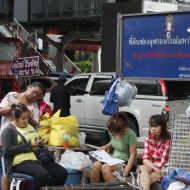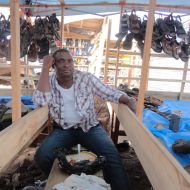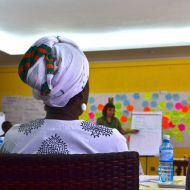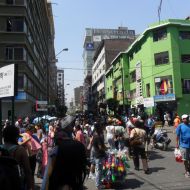Strength in Numbers: Some Final Thoughts on the Informal City Dialogues
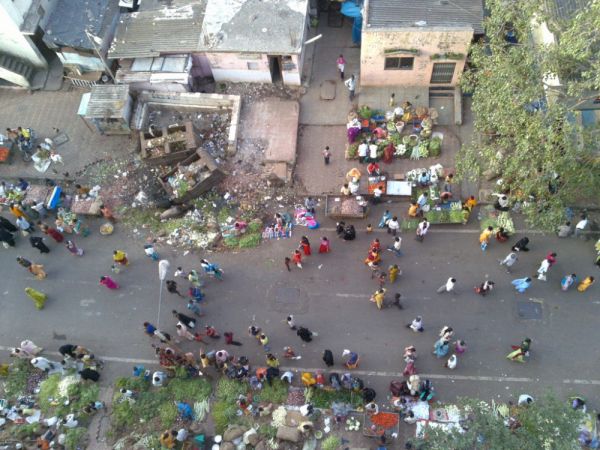
Most journalism records big events. Presidents meet with prime ministers and sign an accord. Companies merge to form a new multinational conglomerate. The iPhone 5s is released.
By contrast, the Informal City Dialogues has been about the small: Small markets, small chains of supply, small houses (albeit sometimes shared by large groups of people), small businesses organized into small, local associations. And yet, when you put it all together, all of this activity adds up to something that’s very big. Informal business transactions now account for up to 40 percent of the world’s urban economic activity. A billion people live in slums; by 2030, two billion will.
The sheer size of this burgeoning informal realm makes it all the more ridiculous that its inhabitants are, more often than not, left out of the process of planning cities and shaping policy. The typical pattern goes something like this: The city devises a scheme that, at best, ignores the needs of the informal realm, or at worst aggressively pushes it out of the way. Informal workers or settlers are scattered. A protest ensues, and they recoup some of what they lost. But rarely is the informal realm sought out during the process to contribute to what could be an inclusive solution.
We’ve spent the past year trying to provide a space where some of these people’s voices could be heard. From the beginning, the plan for the Informal City Dialogues was to let them speak without too much editorializing. We heard from vendors in Bangkok, slum-dwellers in Accra, tricycle drivers in Manila. We talked to the makers of knock-off clothing in Lima and the water vendors of Chennai. One common thread emerged: A desire to be seen as legitimate citizens of their cities. By the numbers, they clearly are. All that’s missing is the official recognition of them as such.
When this project began, I myself was unaware of just how indispensable the informal realm is. Rather than a problem to be solved, it’s a source of strength and an immeasurable resource to be tapped. I want to thank the writers who brought these stories to light, the many guest bloggers who contributed their opinions, and most of all, the informal workers and settlers who were open and generous enough to tell us their stories. We wanted to start a conversation; we ended up conducting a chorus. I hope it continues and only grows louder — it’s a message that needs to be heard.


